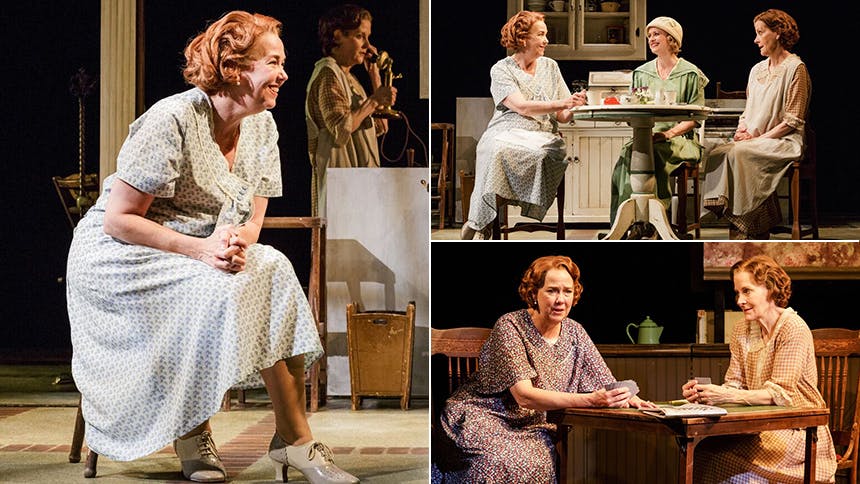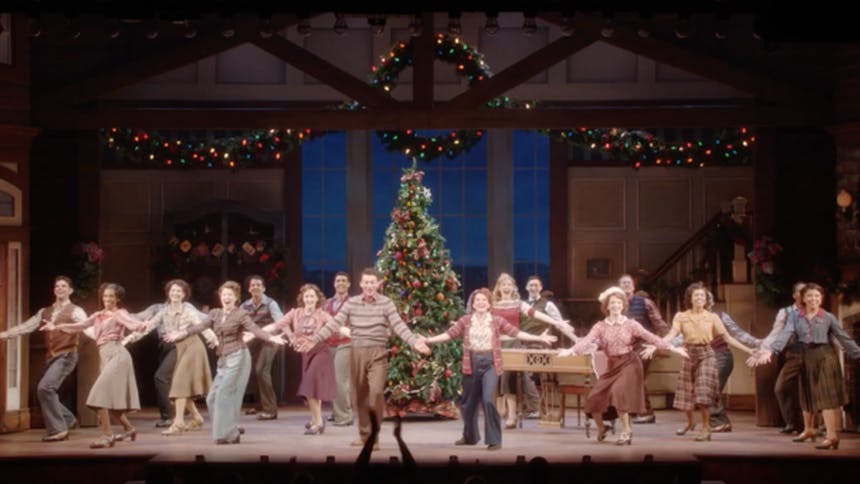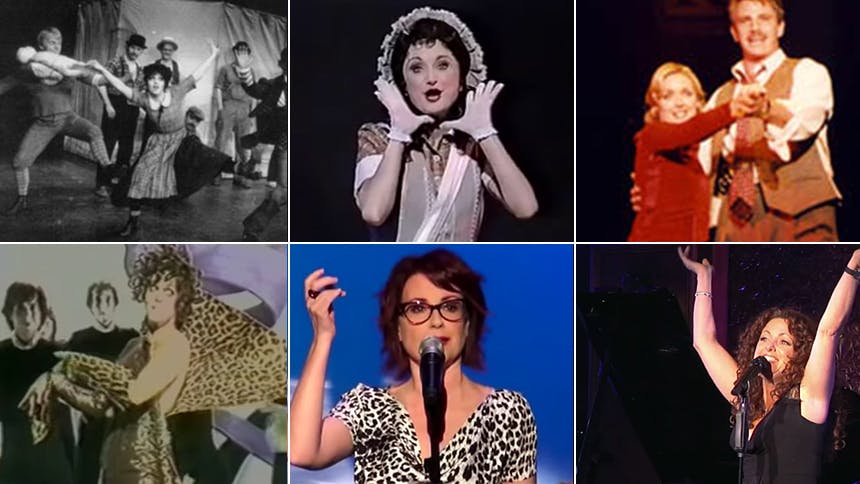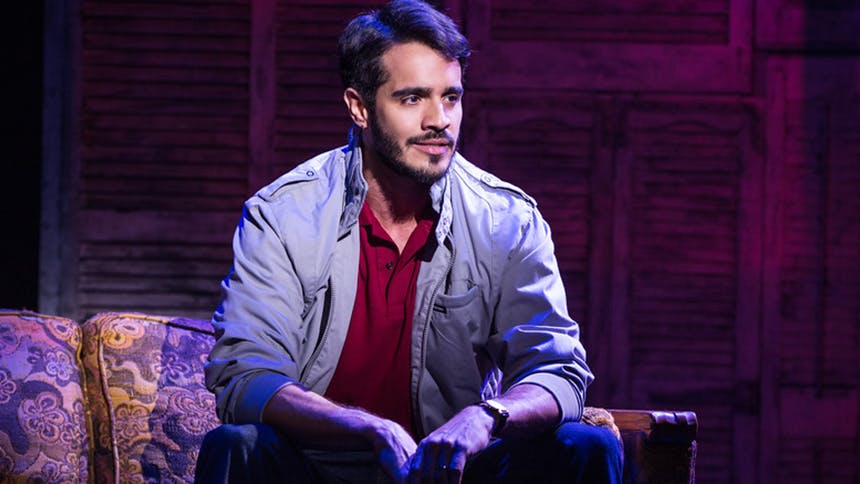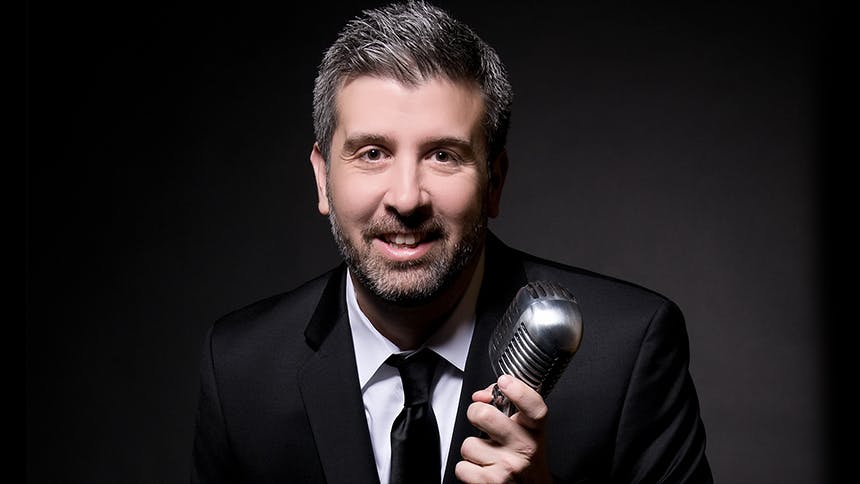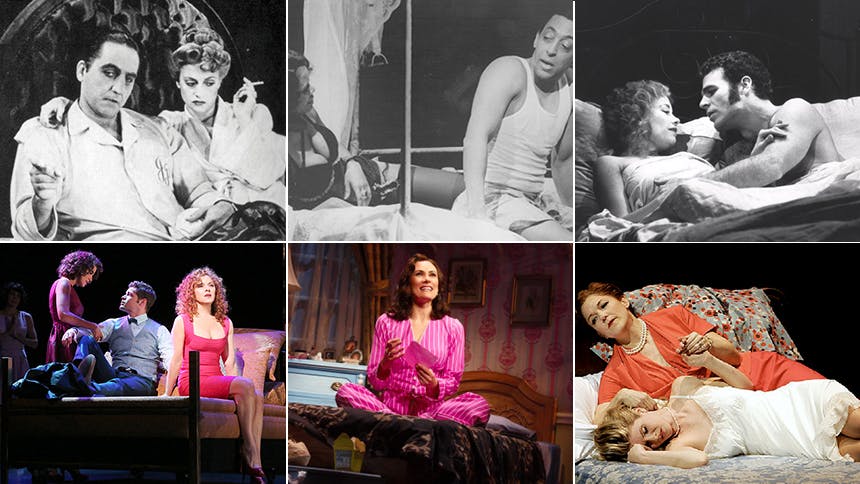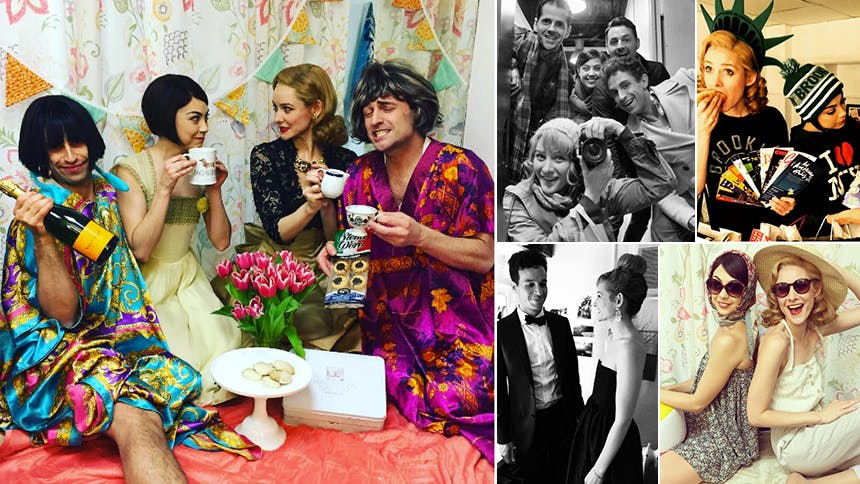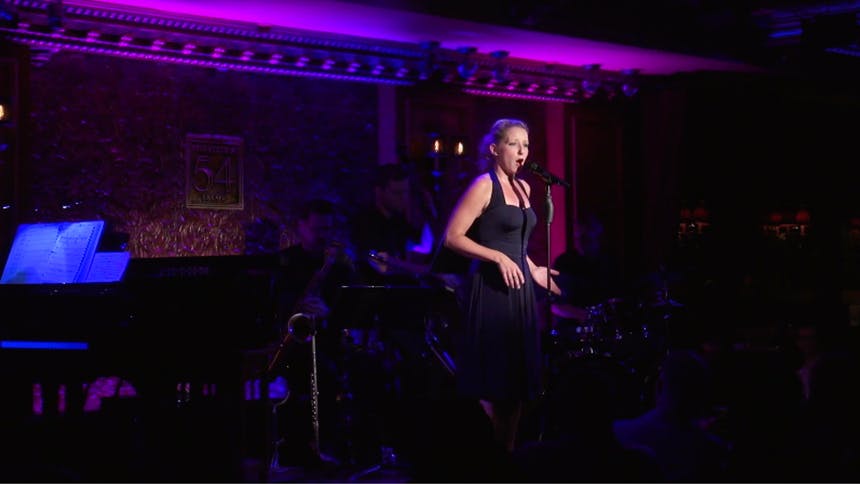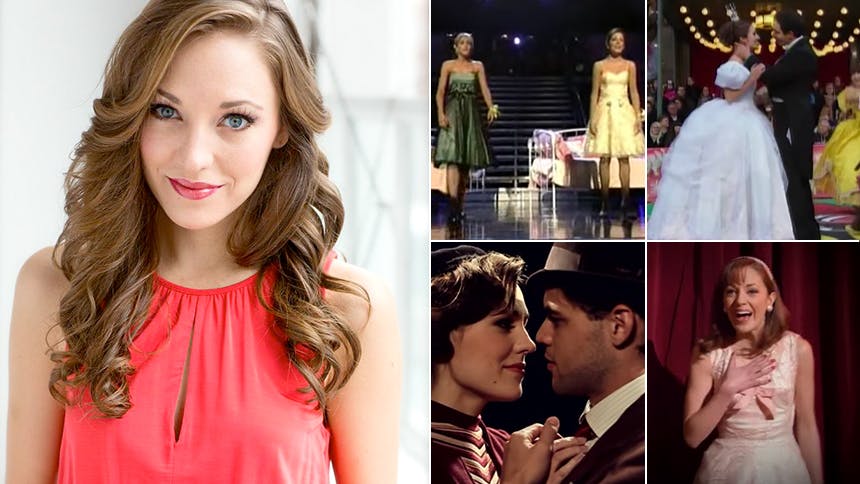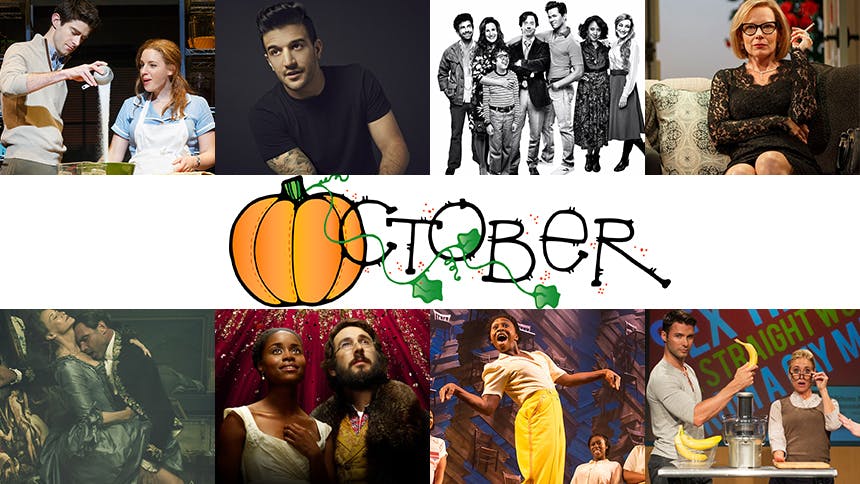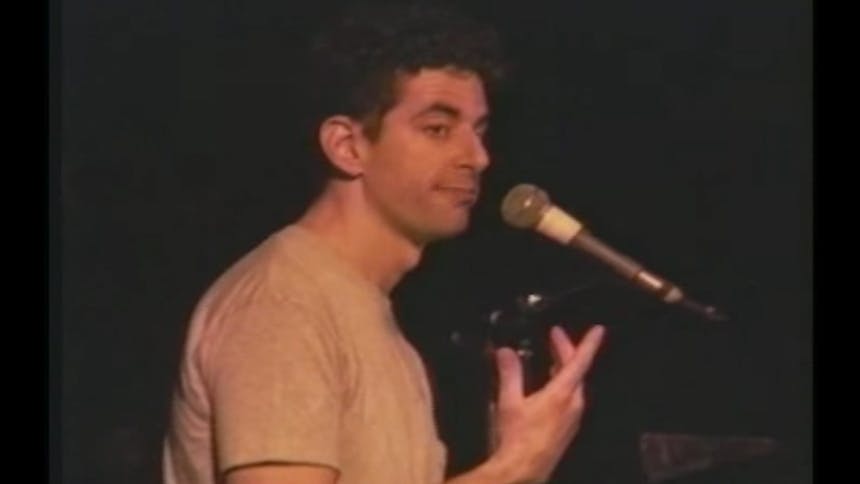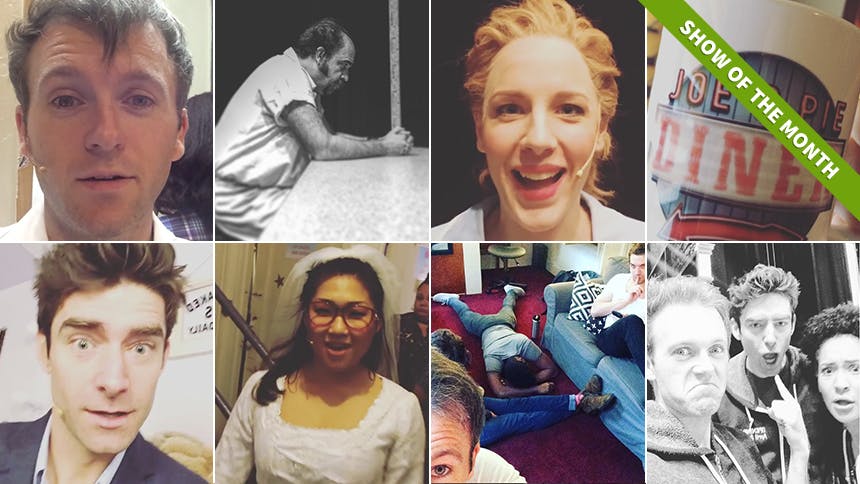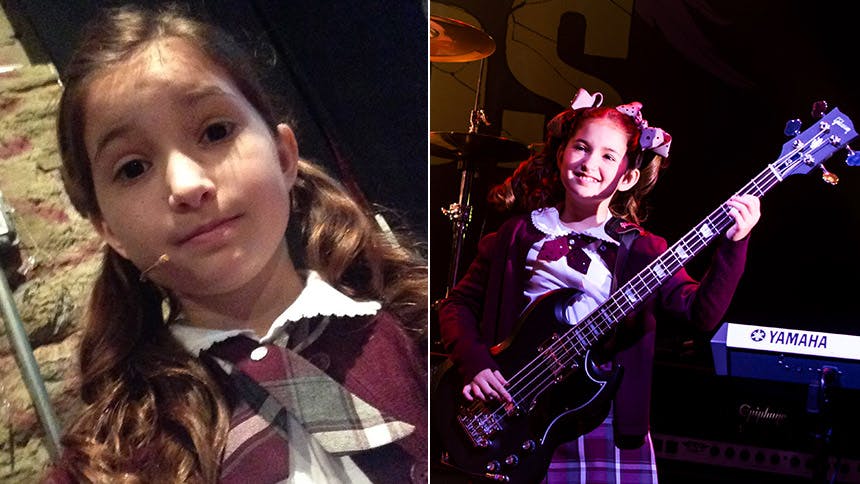Tony Award winner Harriet Harris returns to her Texas roots in Primary Stages' revival of Horton Foote's The Roads to Home
, a play that tackles marriage, infidelity, and mental illness in 1920s Texas. The actress (best known for her fierce roles in Thoroughly Modern Millie, Frasier, Cry-Baby, Cinderella, & Desperate Housewives) plays Vonnie, a woman struggling to hold onto her husband (played by Harris' real life partner, Matt Sullivan). BroadwayBox caught up with the always delightful Harris to talk about the character, working with Sullivan, and her issue with Elizabeth Proctor.1. We're so used to see you play women who are in control of, if not manipulating, their situations. Are you enjoying playing someone so vulnerable? Does it change your process?
I wish I could say it did. I think for some actors it might, but I think I approach any character by looking at what happens to her, what function does she serve, what’s the overall message of the play, and how does this character’s life and wants and needs line up with that. If you can’t line them up, possibly you’re playing the wrong thing, and so then you have to reinvestigate that way.
2. Then of all the characters you've played, which was the hardest to find? How did you eventually crack it?
It was a long time ago, and I was doing The Crucible at the old Roundabout down in Union Square. I was playing Elizabeth Proctor and I just thought, ‘What is her problem? Why is she so cold? She’s got this great guy, and this is apparently the life they signed up for in many ways—so what’s her issue?’ It was difficult to understand. I kept reading and reading and reading, about religion and about life in The Colonies. Then there was something I read that suggested that if you weren’t putting God first at all times you weren’t living right. You had to put God before your marriage and your children—that was the relationship. Then I thought about it and thought, ‘Wow that’s her problem. She loves her husband so much and it’s challenging her commitment to God. She’s blinded by his brilliance and her love for him.’ That really made sense to me. It really did make me think this is why you read and look outside yourself for answers. You can’t just do it on your own at all times, just using your imagination. I’m an Episcopalian; I would have never thought that’s what you’re supposed to do in your marriage.
3. Audiences get so wrapped up in your marital drama during act one and then we don't see your character at all in act two. What do you think happens to Vonnie?
I hope it’s a passing thing with him, and he just needed someone else’s ear because she’s been listening to these same stories forever. I hope she stays in her marriage and that her husband stays with her. I have no idea if that’s what will happen. Horton Foote doesn’t give you an indication. He wants people to wonder what happened to their characters. Each of these women are bound in marriage to a partner, and they are fairly dependent on that partner for everything. [The women] had each other and I think that’s what he was so beautifully able to write—women were dependent on each other for society and relationships and friendship. You were only going to get it from your neighbors.
4. What’s it like doing this show with your real-life partner, Matt Sullivan?
It’s a real joy. You know immediately there is a lot of trust, and I love being on stage with him. It’s always really fun. I almost always have played the person who is in love with him, or secretly in love with him, or trying to get him to fall in love with her (like in Hay Fever).
5. What did you love about growing up in Texas? What made it special?
When Michael [Wilson, the director] approached me about this I thought, ‘Oh wow, this is so funny because no one ever hires me to play a Texan.’ Then I read it and she’s from Louisiana—which is a world of difference, to a Texan at least.
When I was growing up, you were in the sticks if you got in your car and drove—no houses, only fields and ranches and barb wire. You could walk in a riverbed and feel dinosaur fossil beneath your toes. There was an ability to be in a completely different environment within the space of driving for twenty minutes. It gave one the impression that cities are where things happen and out in the country is where you can process what you’ve learned in the city. I still very much feel like that. I love being in cities and I love leaving them—I love getting away.
See Tony winner Harriet Harris in 'The Roads to Home' at the Cherry Lane Theatre through November 27.
